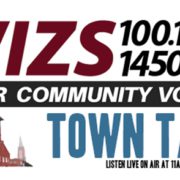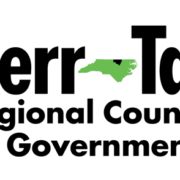TownTalk: Step Back In Time Event To Be Held At Hudson Manor
Looking for a fun family activity this weekend? The Hudson Manor in Franklin County is the site for a daylong event called Step Back in Time that has something for everyone – but especially for local history enthusiasts.
The stately home, with its sprawling grounds, has been a wedding venue for the past 18 years, and owner/operator Melissa Cogliati said she’s ready for Saturday’s activities, rain or shine. The hours are 11 a.m. to 5 p.m. Admission is free, and there will be food trucks, workshops and demonstrations throughout the day, live music, folklorists and much more.
Cogliati is working with the Franklin County Historic Preservation Commission to host the event, which was organized to raise money to publish a book on the county’s historic architecture.
“It seems now the weather will hold out at least until the afternoon,” Cogliati said. Vendors, musicians, and others will be located in the home’s large ballroom and protected from the elements, she noted.
She spoke with Bill Harris, who chairs the historic preservation commission, and local historian Mark Pace on Thursday’s tri-weekly history program on Town Talk.
“Rain or shine, it’s going on,” Harris said. “There are a lot of things going on.”
An architectural survey has been completed, and the commission hopes to raise the necessary funds to publish the book, which would contain information about the local architecture as well as more than 800 photos.
This ambitious project would be the first of its kind in more than 40 years, Harris said. The project lost a little momentum – and associated funding – during the pandemic and the Saturday event hopes to make up the gap in funding.
Cogliati said Hudson Manor, located at 908 Moulton Rd., Louisburg, is included in the architectural survey, and she said Step Back in Time will provide entertainment for the whole family while raising money for a good cause. She works with the county’s planning advisory board and the local tourism development authority and said she is happy to provide a spot where “we can meet our neighbors and have a little community spirit.”
Visit www.thehudsonmanor.com to learn more.










